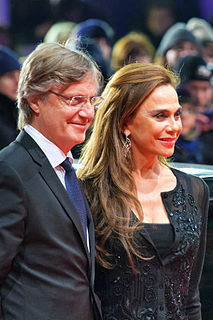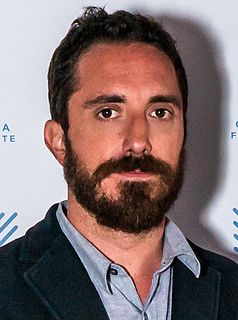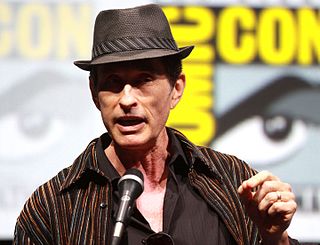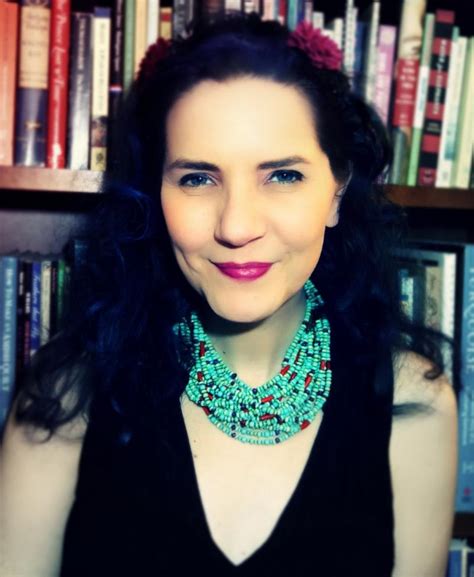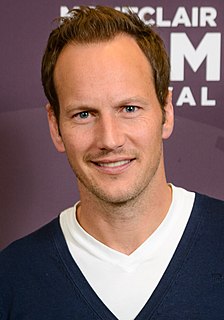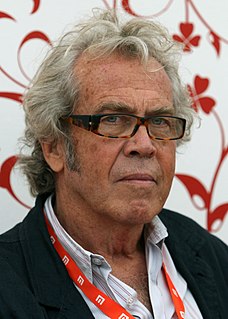A Quote by Lasse Hallstrom
To make a movie charming, you have to be playful on all levels and open to ideas, and you have to have an idea for how to do that within the confines of the shooting schedule and editing and all that.
Related Quotes
Whenever you take a subject you're obsessed with or that haunts you, and make a movie about it, you're converting it into work units that need to be completed. You gotta turn it into a treatment, a script, a grant application, a bunch of forms to be filled out, a shooting schedule, casting sessions, auditions, shooting, editing, music compositions, the film festival circuit, interviews even. And by the time you've finished the process you're so sick and tired by something that was once very precious to you that you're done with it.
There are some filmmakers like the Coen brothers that are very precise. They make shooting boards, they do it shot by shot, and they follow every single line in their own script. They make amazing movies, and I admire them so much, but I can't do that. I have no idea how the movie will exactly be. While shooting, I just try to create an accident that I don't control very well - grabbing things from different sources and ideas, and then having a sensation somewhere that it will make sense.
Separate out the creative act from the act of editing and execution. Make it a two-step process. First, let ideas flow and encourage EVERY idea to make it to the whiteboard. Don't criticize, judge, edit, budget, or worry. An idea on the wall can't hurt anyone, so let them rip without restriction. After any and all ideas have the opportunity to "come out to play", only then should you apply your analytical and logical side to the effort. Don't mix the creative process with the editing process or you'll kill your ideas before they even get a fighting chance.
I love to tell stories, but the making is less comfortable. I like to be private, and being in the middle of a film crew with the least amount of privacy is the discomfort of shooting a movie. For me, the editing is the great moment when I can bring back ideas and realize the movie for the last time before I hand it to the audience.
You never have any idea where your movie's going to go when you're shooting - you're in this little bubble. Everything you care about is getting the next step right: getting the script right, finding the right actors, shooting it. Then you spend half a year in a dark room editing your film, and you don't talk to anybody.
Teaching and editing have helped me enormously, and brought wonderful people into my life. When I see an author I'm editing struggling to bring a flash of an idea to the page, or notice a student's hands shaking as they read something they wrote out loud for the first time, it keeps things in perspective. How vulnerable we all are. How hard it can be to open the door.
During the preproduction when I'm shooting and then once we wrap we go away. And then the visual effects guys take over. And then they add all those little bits and pieces. They come up with ideas during the cut in the editing, and they said while would be really cool if we did this thing here where the blade pops out. So then you see the movie and say wow that's a really neat idea. I wish we would have thought of that.
My teachers believe that the creative producer's job is to service the vision of the director, to stay within schedule and budget, and to get the studio what they need, but you work for the director to get their vision on the screen. That's not how everyone approaches producing, but it is certainly how directors like you to approach producing. How I was brought up is that my job is to help you make the movie you want to make.
